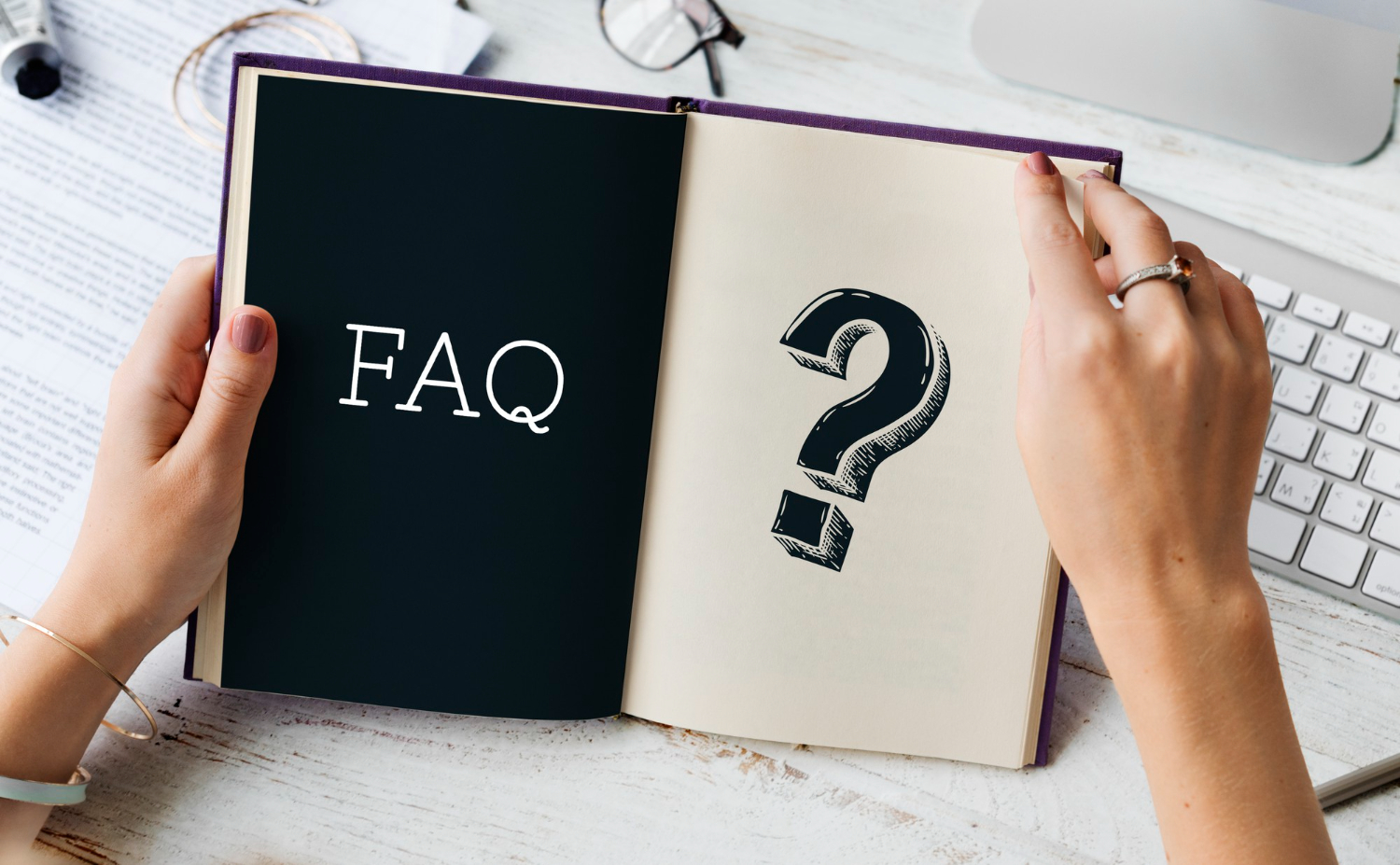Is Your Online Pharmacy Fake? 5 Dangerous Red Flags You Must Check
The convenience of purchasing medications online has revolutionized healthcare accessibility, but it has also opened doors to dangerous scams and “fake online pharmacies” that put your health at risk. With digital healthcare services growing rapidly, knowing “how to know if an online pharmacy is legit” has become more crucial than ever. Every year, millions of people fall victim to “online medicine scams,” receiving counterfeit drugs, expired medications, or nothing at all after making payments. The consequences can be devastating – from ineffective treatment to serious health complications. This comprehensive guide will help you identify “online pharmacy red flags” and ensure you’re purchasing from legitimate providers like MyMedicineMart that prioritize your health and safety.

No Customer Support or Contact Information
A legitimate pharmacy should have a visible customer support channel whether it’s a helpline, email ID, live chat, or social media support. If the website doesn’t have any visible way to contact them, or if the details provided are vague or non-functional, it’s a serious red flag.
You should be able to contact a pharmacist or a representative for queries related to orders, returns, or product use. If a pharmacy operates without human support or hides their identity, you may end up with unresolved issues or no help in case of wrong or missing products.

Unclear Shipping, Delivery, or Return Policies
One major red flag when evaluating an online pharmacy is the lack of clear information about shipping timelines, delivery expectations, and return/refund policies.
If you can’t find a clear return or refund policy, or if delivery timelines are vague or unrealistic, it’s a sign that the site may not prioritize customer satisfaction or may not be a legitimate business.
Legit pharmacies will provide realistic shipping estimates, order tracking, and a transparent process to return or replace incorrect or damaged products. Always make sure you know what to expect before you buy.
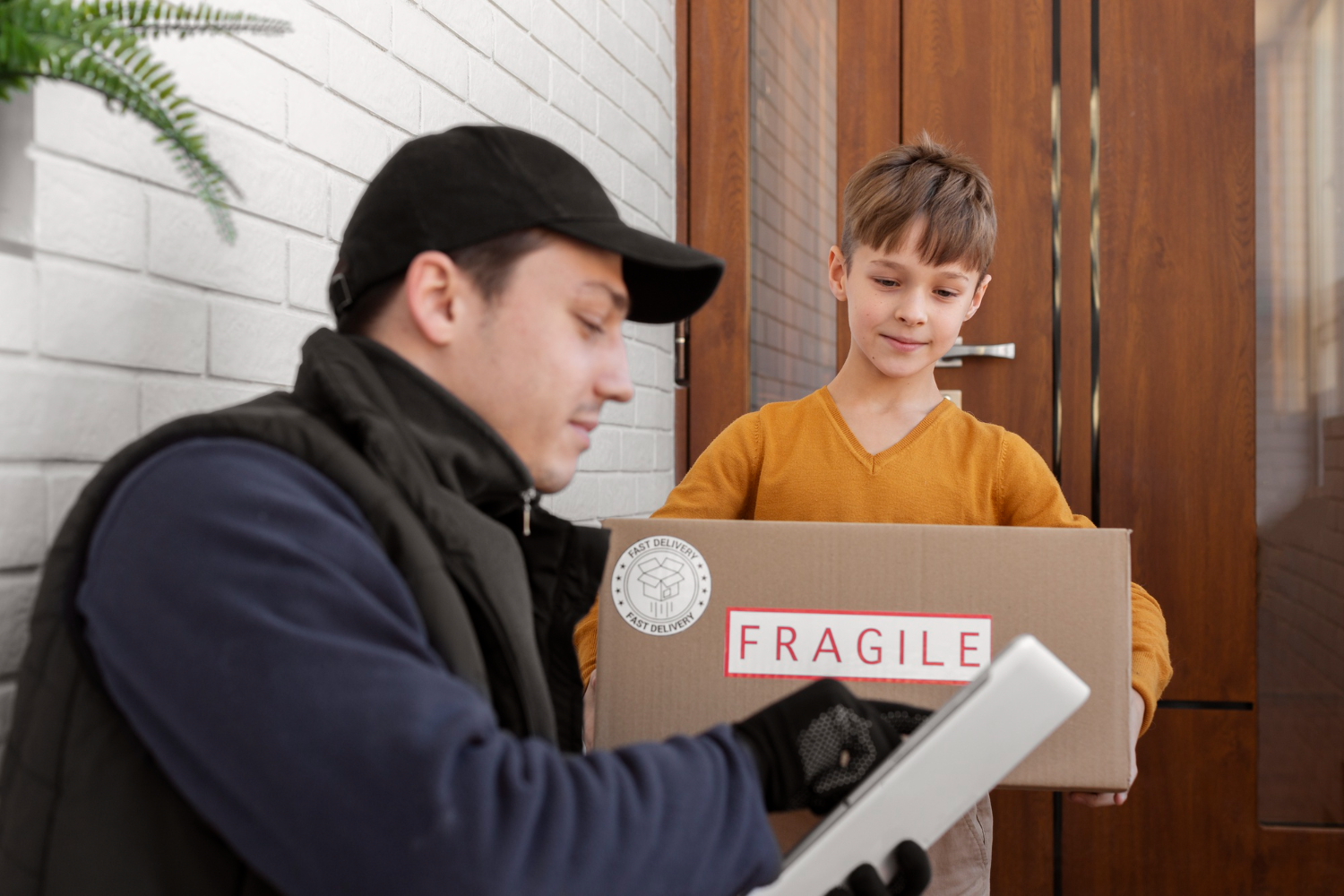
No Privacy Policy or Poor Website Security
When you shop online for medicine, you’re sharing some of your most personal information — like your name, address, medical details, and payment info. So, it’s super important that the website keeps all this information safe and private.
A good online pharmacy will have a clear privacy policy that explains exactly how they protect your data, who can see it, and how they use it. If a website doesn’t have a privacy policy or if it’s hard to find, that’s a big warning sign.
Even more important is website security. You want to see HTTPS in the website address — that little lock symbol in your browser — which shows the site is using encryption to keep your data safe while it travels over the internet. If the site doesn’t have HTTPS or looks sketchy, your personal info could be stolen by hackers.
Buying medicine online should be easy and safe, not risky.
Security Features to Verify:
● “HTTPS secure checkout” with SSL certificates
● Professional website design and functionality
● Clear contact information including physical addresses
● Comprehensive “privacy policy online pharmacy” documentation
● Secure payment processing systems
“How to identify fake medical websites” includes checking for these basic security and professionalism standards. Legitimate pharmacies understand that customer trust requires transparent, secure, and professional online presence. Compare this with professional pharmacy websites to see the difference.

Inconsistent Product Availability or Outdated Inventory Listings
Another warning sign is when an online pharmacy frequently shows products as “out of stock,” lists outdated products, or fails to update inventory in real time. This can indicate poor backend systems or even questionable sourcing practices.
Legitimate pharmacies maintain up-to-date inventories and clearly mention restock timelines. If you find yourself placing an order only to later be told it’s unavailable, or if a site displays expired offers or old batch products, it’s a clear red flag.
A trustworthy pharmacy will offer accurate product information, availability status, and transparent restock policies.

Poor Payment Options or Demands for Unusual Payment Methods
When you buy medicine online, how you pay is just as important as what you buy. Trusted pharmacies offer safe and common payment options like credit cards, debit cards, or PayPal. These methods protect your money and personal information.
But if an online pharmacy only accepts strange or risky payment methods — like wire transfers, prepaid gift cards, cryptocurrencies, or cash deposits — that’s a big warning sign.
And also, if any platform asks for an unnecessary money deposit, then it’s absolutely a problem.
Check again and again!
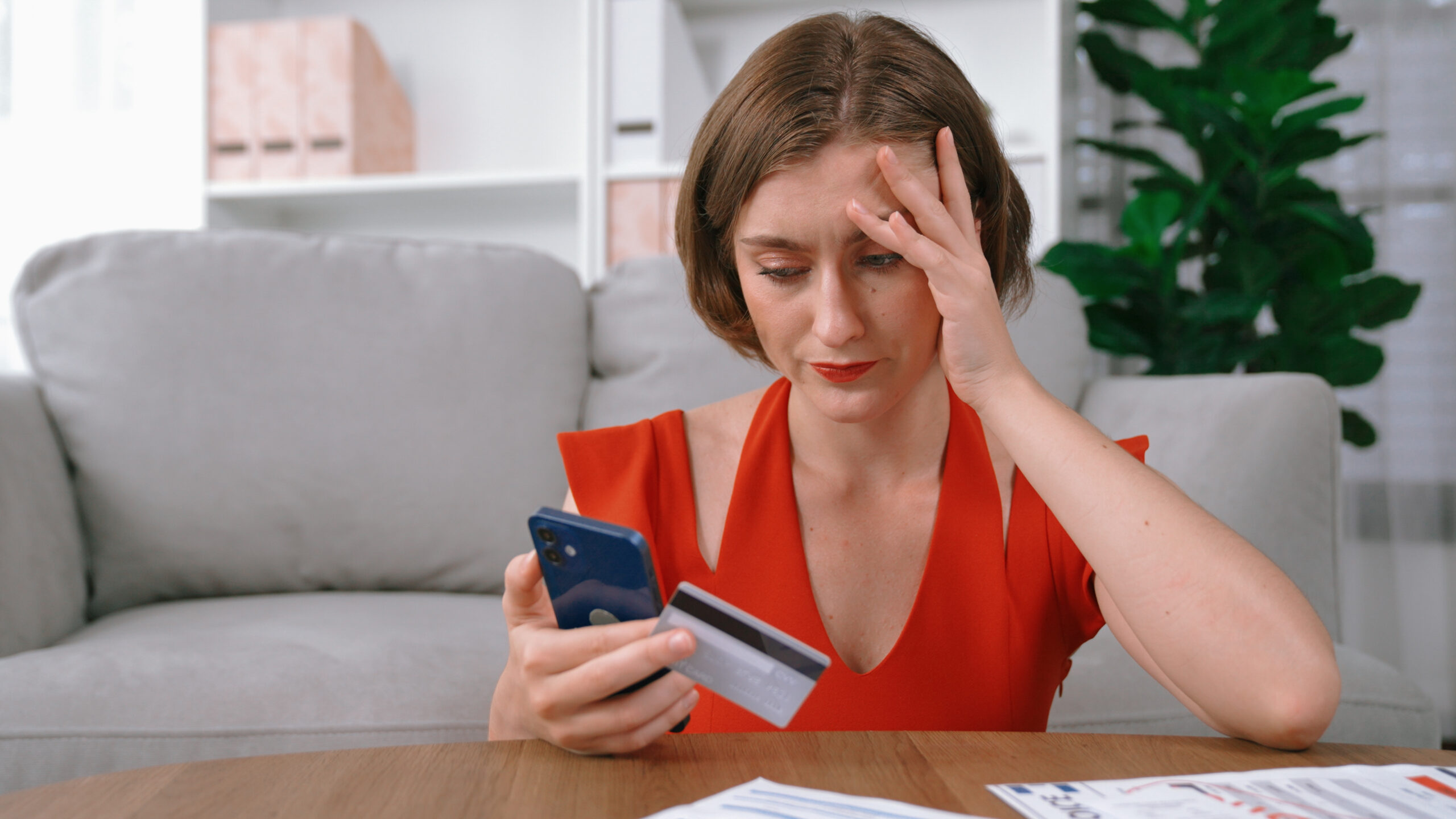
Green Flags — What Makes a Pharmacy Trustworthy?
Let’s balance the red flags with some green lights you should look for:
- Licensed by local or national health authorities.
- Secure website (https:// with a padlock icon).
- Access to licensed pharmacists for questions.
- Clear refund, privacy, and return policies.
- Real-time stock updates and order tracking.
- Sends a legitimate, detailed invoice.
Lists a real physical address, entry file number, and customer service contacts.
Uses secure, professional web design and checkout systems.
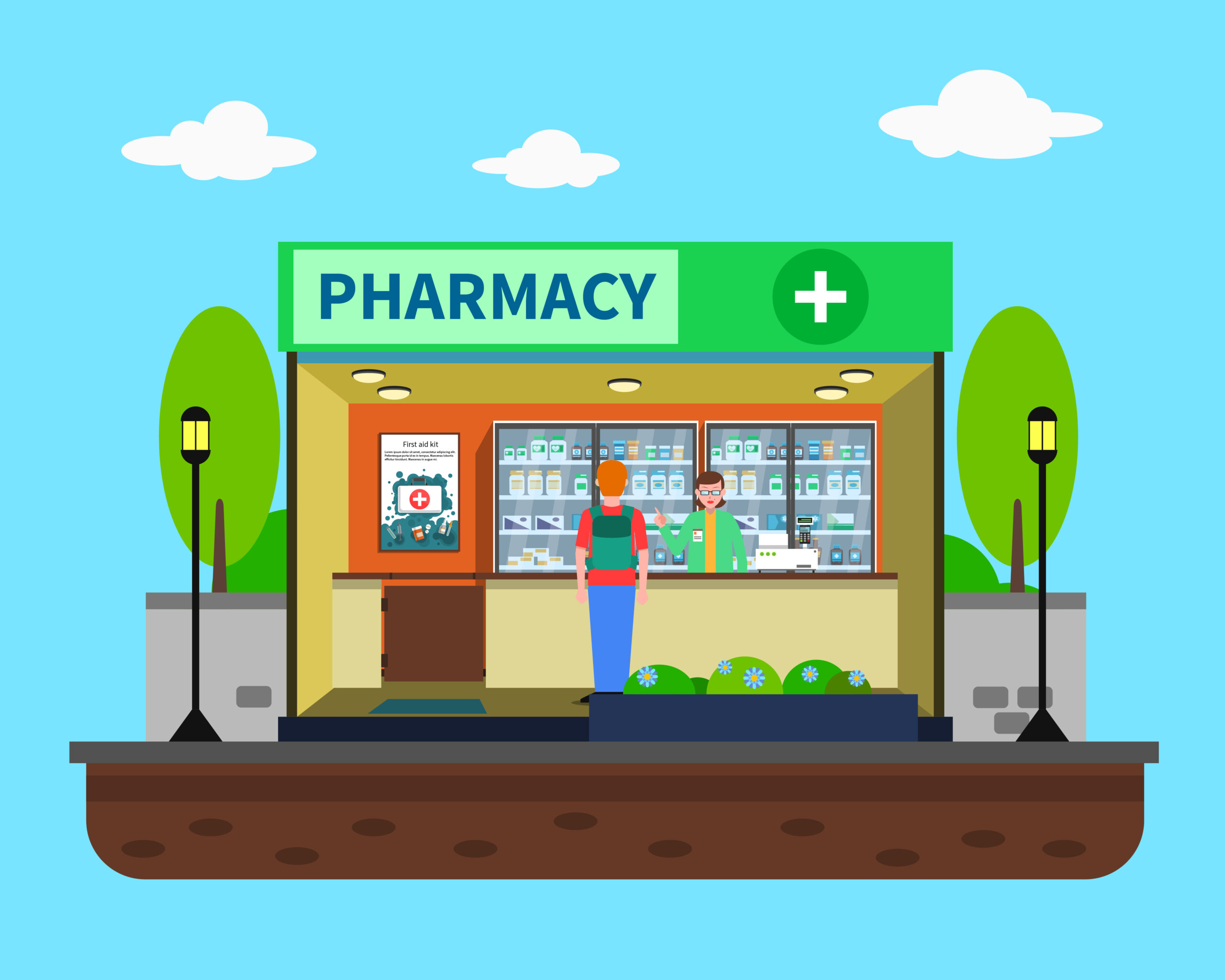
Why People Still Fall for Fake Pharmacies?
It’s not just about being careless. Fake websites can be very convincing, such as:
- They are well-designed and professional-looking, so that anyone can trust them easily.
- They use smart SEO tricks to appear at the top of search engines like Google. That means if you search “Best Diabetes Medicine,” the fake website might also come up in Google.
- Attract people with big discounts that seem too good to be true and lifetime free shipping, and many other tactics..
- They know how to build false trust. That’s why being informed is your strongest defense.

What to Do If You Suspect a Fake Online Pharmacy
- Don’t purchase anything.
- Take a screenshot or copy the URL.
- Report the website to regulatory authorities in your region, such as the FDA in the USA, the MHRA UK, and others.
- You could help save someone else from harm.
In Conclusion
Online pharmacies can save you time and money, but it’s important to shop wisely. Protect yourself from scams by staying informed, being careful, and knowing the warning signs. If an offer looks too good to be true, it probably is. Always put your safety first buy from trusted sources like MyMedicineMart and consult a licensed healthcare provider before taking any medication.
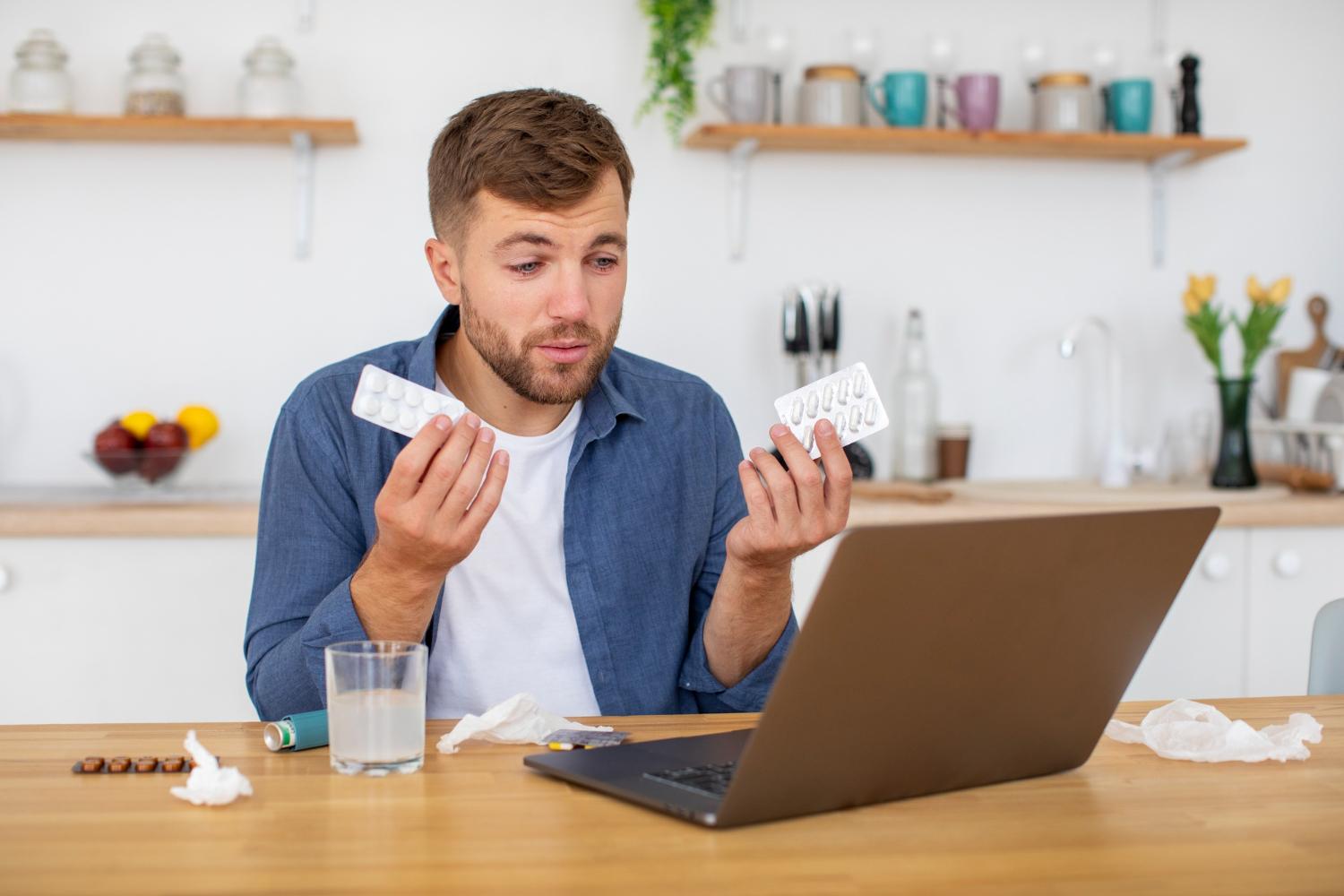
Frequently Asked Questions (FAQs)
Q: What makes an online pharmacy safe to use?
● Valid licensing and certification, requirement for valid prescriptions
● “HTTPS secure checkout” and access to “licensed pharmacist online”
● Comprehensive privacy policies and transparent business practices
Q: What are the biggest red flags of a fake online pharmacy?
● No prescription required for prescription medications
● Prices that are 80-90% below normal market rates
Q: How do I identify fake medical websites?
● Look for no prescription requirements and suspiciously low prices
● Check for missing license information and poor website security
